
I'm a little worried about the way that my 3 year old interacts with other kids and unfamiliar situations. For example, she will not play at the playground unless she has a friend there that she already knows well. She seems so anti-social around people she doesn't know, yet is one of the most social and friendly kids amongst her friends. Is there anything I can do to help the situation, or will she just grow out of it?
Making friends is hard - I mean I'm a lot older than 3 and its hard for me. It seems to take a year in a new city before I feel like I have a good friend...so I can only imagine how hard it is for little ones.
So, in a word she'll grow out of it - but I think its more like, she'll learn out of it. She just needs to the tools and actions for new situations and people.
Here's a few ideas...
1. Prepare her. As you walk to the park have start the conversation. But, not just saying there are new kids, I would try saying that you invited new kids to the park. Make her feel like you are in control..."We are going to the park and I invited a lot of friends to the park. But, they are just learning how to play in the sand. As soon as we park the stroller. Will you jump out and start playing in the sand to show the other kids how to do it..." Just like grown-ups, sometimes its easier to think about someone else rather than ourselves, its just less stressful somehow. It also helps to spell out a specific action.
2. Tell a story. On the way to the park, tell a story about the time you were on a tire swing and didn't know one of the girls. Tell her how it made you giggle and made you want to swing hirer.
3. Give her an extra security. If she is willing to talk about the fear you could help appease it by giving her a special friend. You know, if she has a little plastic Elmo or Dora, have her put her friend (aka toy) in her pocket. Its an Indian in the Cupboard inspired idea, but sometimes it helps to know that you aren't alone.
4. Help her feel like the star. It doesn't matter where or when, it seems to help kids if they feel like they are the central figure. So, when you get to the park, remind her "Wow, all of these kids came here today - I bet they were hoping they could see you!" Or to a class "I bet they were waiting to start for you." Basically, help them feel like they are needed!
5. Be her ambassador. The next few times you go to the park, pretend like you are her playmate. And follow her around making friends and talking to the little kids. And say to the new little girl, "Do you like Dora? I like Dora, too! Look at my pink socks." Really, just model the conversation of a three year old for her. If you pretend to get excited and then talk about it on the way home, your job may just be done! Of course, just try the following around thing for a few times - because who are we kidding - we want the park to be a break, not a new challenge!
6. Routine. And in the end, even if little words and conversations don't make huge changes (although they could) repetition is the best. Make an effort to go where its most challenging a lot and frequently - because they will figure it out!
What do you think of these ideas? Hopefully they are the easy-to-try kind!
Painting: Hands Holding Bouquet by Pablo Picasso




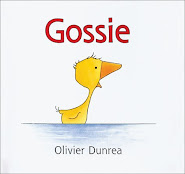
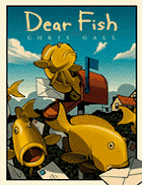
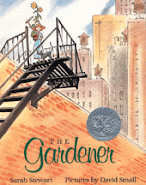
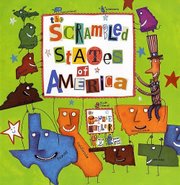
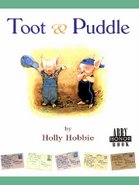
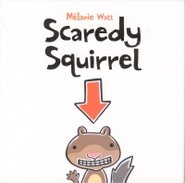



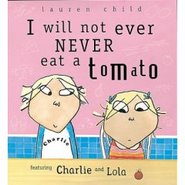


1 comment:
Thank you Ang!
Post a Comment